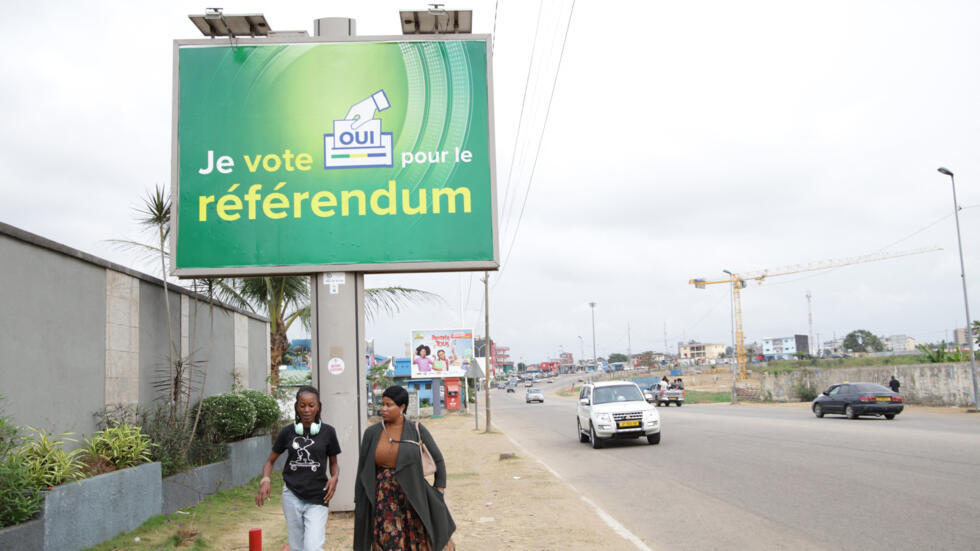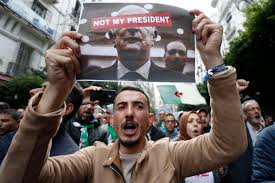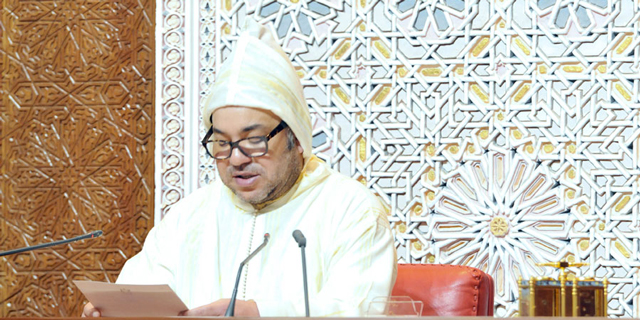Chad holds divisive post-coup vote on new constitution in step towards civilian rule
Chadian citizens have cast their vote in a contentious constitutional referendum that marks a long-awaited return to civilian rule since the April 2021 military takeover, though it is widely seen as a move to consolidate power by transitional leader Mahamat Deby.
The polls for a referendum on a new constitution is a key step towards elections and the return of civilian rule promised, but postponed, by the ruling military junta. The referendum on the new constitution, which was held on Sunday (17 December), has been hailed by some as a stepping stone to the general election scheduled for next year. The proposed constitution is meant to usher in a new era of accountability, mainly by establishing autonomous communities with local assemblies and councils of traditional chiefdoms among other changes. Next year’s general election then aims to mend political and community division in the oil-producing, yet impoverished and fragmented country.
The Malian army had suspended the constitution after the death of President Idriss Deby, who was killed by rebels, and dissolved the parliament. Deby’s son, Mahamat Idriss Deby, was then installed by the military as interim president at the helm of a Transitional Military Council (TMC).
But a large section of the opposition and civil society in the central African country have been calling for a boycott of the plebiscite because they see it merely as a way for Mahamat Deby to continue the “dynasty” begun by his late father 33 years ago following a coup. The opposition, which advocates federalism, backs the “no” vote, denounces the “yes” camp’s campaign well-financed by the ruling junta against a divided opposition, which has faced arrest, intimidation, and threats for more than a year. Provisional results are expected in late December.



